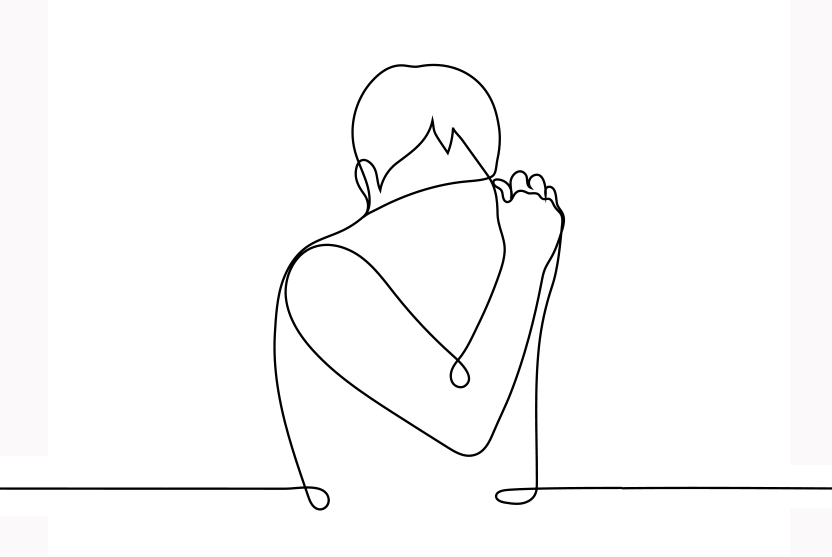We all get to be humble.
There's no way around it.
We either humble ourselves, or we get humiliated.
Someone who humbles themselves is respected, honored, and seen as a person of character while humiliation leaves the humiliated, well, humiliated.
Humility builds a positive reputation.
Humiliation destroys it.
It's hard for anyone to attack someone who has taken a posture of humility, admitted their mistakes and shortcomings, and taken responsibility for their actions.
On the other hand, if someone takes a defensive posture and won't back down or admit fault, even when everyone around them can see they're wrong, they come across completely unreasonable.
That's how we end up with egg on our face.
The same mistakes that result in humiliation could easily be turned into opportunities to exercise humility, build character and help develop a positive reputation.
I know.
Easier said than done.
No one likes to admit they were wrong.
But why?
We think that by admitting fault we'll be seen as inferior, lose status, or somehow dissapoint the people we look up to.
The irony of the whole thing is that by admitting our mistakes and working to make sure they don't happen again, we actually engender trust with the people we respect!
I'm preaching to myself as much as anyone here.
It's just such a silly way to limit the impact we could be having on the people around us.
No one wants to follow someone who can never be wrong.
We follow the people we trust will admit when they make a bad decision and change course.
We know there's no perfect map to wherever we're trying to go!
But the leader who can make a plan, execute it with courage, and be the first to admit when it fails or needs to change - that's the kind of leader I will fight for any day.
And that's the kind of leader I want to be.


